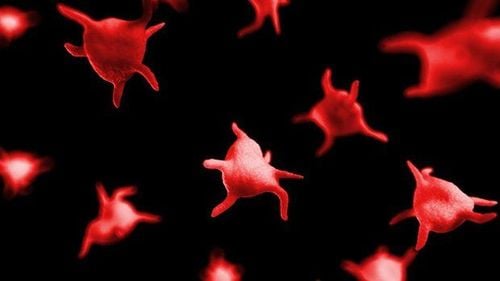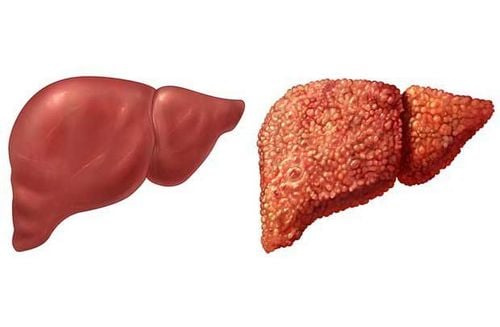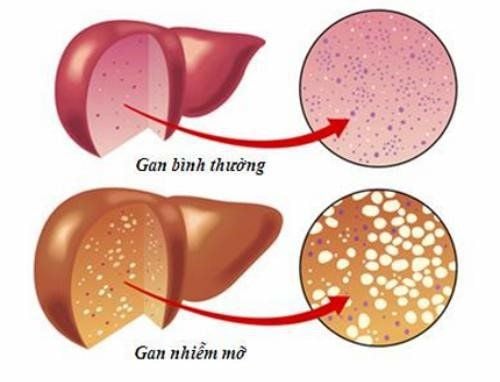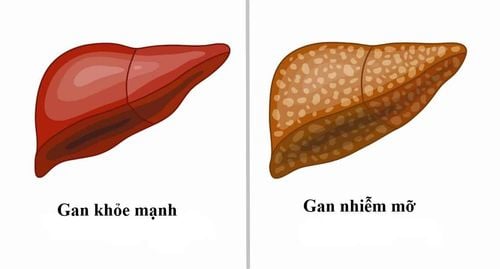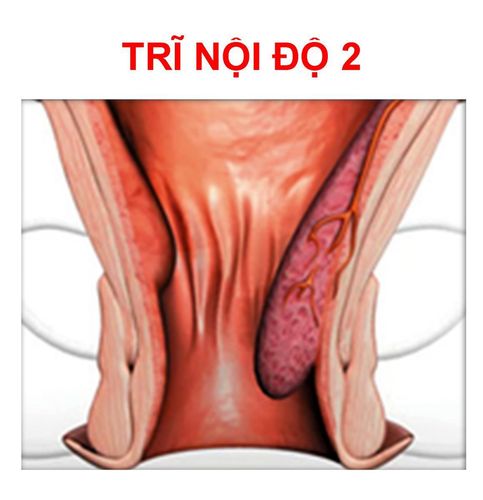Pork liver is rich in nutrients that are beneficial for overall body health. However, there are some concerns regarding the potential toxicity of eating liver and whether consuming it in large quantities is advisable. Despite its nutritional value, certain people should avoid or limit their intake of liver.
1. What are the effects of eating liver?
The liver is highly nutritious and contains essential substances necessary for the body's functioning, including vitamins A, B, and D vitamins, protein, folic acid (B9), iron, and certain digestive enzymes.
Consuming liver can help prevent or treat conditions like anemia and practices etc. Additionally, it is particularly high in vitamin A compared to other foods like meat, fish, eggs, etc. This high vitamin A content supports eye health, helps treat night blindness, and prevents dry eyes, eye fatigue, and rickets.
While there are concerns about toxins in the liver, this is not entirely true. The liver is the factory that helps the animal's body eliminate toxins when toxins pass through the liver and are metabolized, decomposed, and eliminated.
Thus, when eaten in moderation, liver can be a nutritious addition to the diet.
2. Who should avoid eating pig liver?
While the liver has many health benefits, it is not suitable for everyone. In addition to being nutrient-dense, the liver, like other animal organs, contains a significant amount of fat, which may not be healthy for certain individuals. People who should avoid eating liver include:
- Individuals with hyperlipidemia:
The fat content in liver, particularly pig liver, is quite high. Therefore, individuals with hyperlipidemia should avoid eating liver, as it can lead to an increase in blood lipid levels, worsening their condition. This elevated fat concentration makes it more challenging to manage blood lipids and heightens the risk of cardiovascular diseases, high blood pressure, etc. - Individuals with liver disease:
People suffering from liver conditions such as fatty liver, hepatitis, cirrhosis, liver cancer, etc, should avoid liver. Because unhealthy liver cells will hinder the metabolism of toxins and food, while the liver is rich in nutrients and especially high in fat, it will cause the liver to increase its activity. This is okay for normal people, but it is not recommended for people with impaired liver function.

- Individuals with high blood pressure:
The high cholesterol levels in the liver may contribute to lipid metabolism disorders, hypertension, cardiovascular disease, etc. Therefore, consumption of liver is not advisable for those with high blood pressure. - Individuals with Gout:
Gout is caused by elevated uric acid levels, leading to joint pain. Those with Gout need to limit purine-rich foods, including animal organs. Including liver is a food that contains a lot of purine-based protein, so people with gout should not eat liver. - Individuals at risk of vitamin A excess:
People already consuming a diet rich in vitamin A should limit liver intake. Excessive vitamin A can be toxic and pose serious health risks. Supplying a sufficient amount is important for the body’s development, but excess can be very dangerous and may lead to death. - Pregnant women:
Pregnant individuals should avoid eating liver due to its high vitamin A content. Excess vitamin A during pregnancy can lead to birth defects. It’s also advisable to avoid vitamin A supplements during this time due to similar risks.
3. Notes when eating pig liver
Here are some important notes to consider when consuming pig liver to maximize its nutritional benefits:
- It is important to not eat too much liver, as it has a high cholesterol content. Consuming excessive amounts can increase the risk of hyperlipidemia. For optimal health, it's recommended to eat liver no more than twice a week.
- Selecting a high-quality liver is crucial. Look for livers that are light in color; avoid those that are very dark or have white or yellow spots, as these may indicate damage.
- The liver must be prepared and cooked properly before consumption to avoid parasitic or bacterial infection. Eating raw liver is not recommended
- Some practices when cooking liver should be avoided such as: Avoid animal liver combined with fish salad, celery, carrots, etc. This will lose the effectiveness of the vegetables or increase the risk of disease.
In addition, individuals with high blood lipids, high blood pressure, pregnant women, and those with gout should limit or avoid eating liver altogether to prevent potential negative health effects.
Please dial HOTLINE for more information or register for an appointment HERE. Download MyVinmec app to make appointments faster and to manage your bookings easily.




